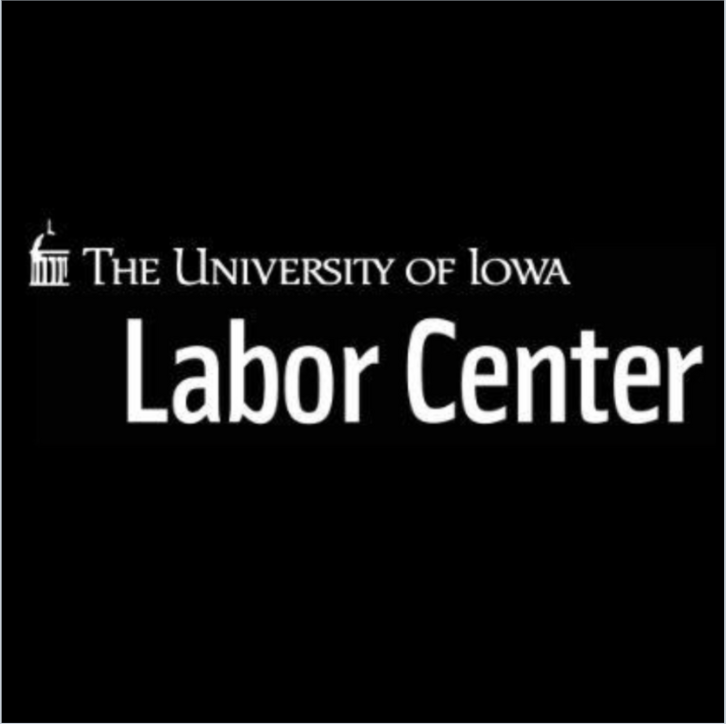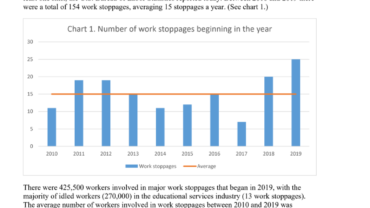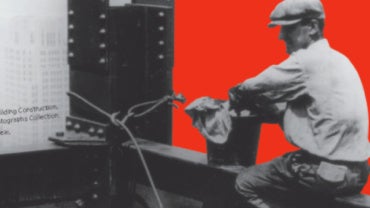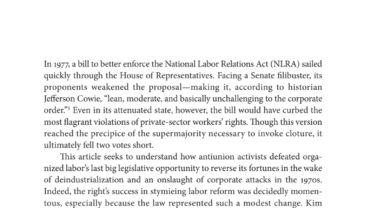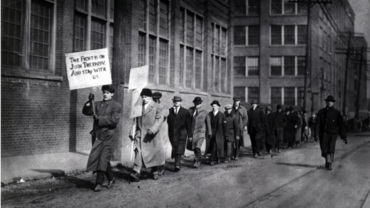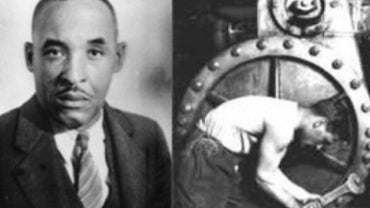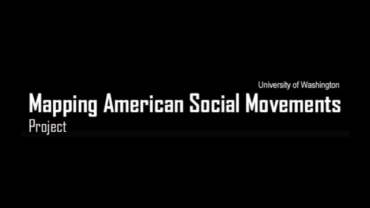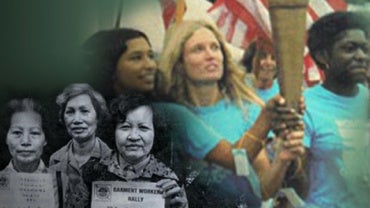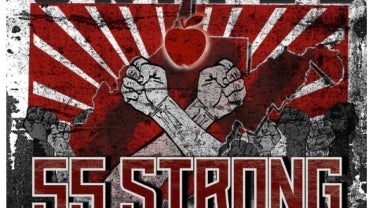The Iowa Labor History Oral Project (ILHOP) is an innovative statewide initiative to document Iowa’s rich labor and working class history through the collection and preservation of oral histories. A joint project of the Iowa Federation of Labor (AFL-CIO), the University of Iowa Labor Center, and the State Historical Society of Iowa, ILHOP is widely recognized as a model for long-standing university-community engagement, and as one of the most comprehensive state-level labor oral history collections in the world.
